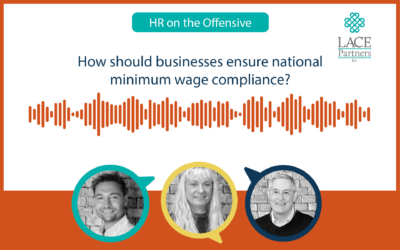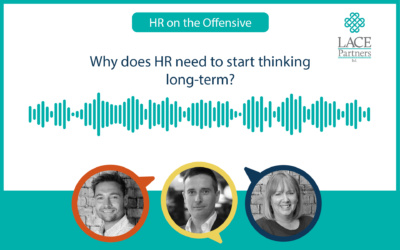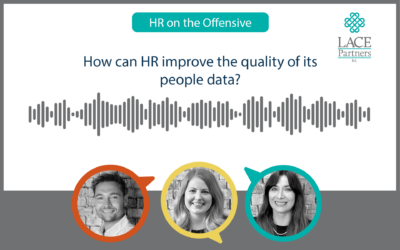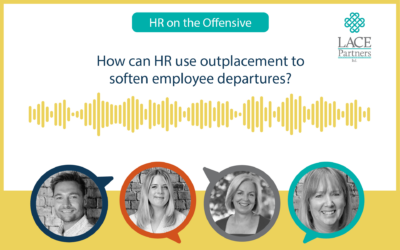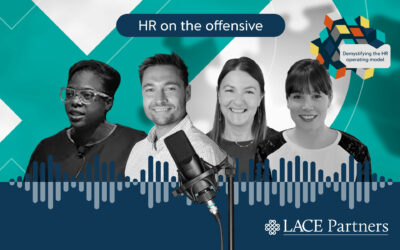When the topic of climate change gets tossed around at the dinner table or beside the water cooler, debate always hots up. That’s why I made it my mission to get to the bottom of the issue six years ago: its science, its governance, its culprits, its politics, and how it relates to business.
Here’s what I’ve learned:
Business is taking responsibility
We’ve come a long way since 1970, when Milton Friedman famously declared that the social responsibility of business was to increase its profits. But there’s still more to be done. As Mark Wilson, Aviva CEO, rightly points out: “If we don’t get sustainability right, it will be the biggest contemporary market failure of all time”.
Wilson calls for business to have an “enlightened self-interest: and to “create legacy… because you’re going to be judged by history some time”. I can’t help but agree, in today’s climate of climate change.
Our global momentum is under threat
Over the past six years, I’ve watched the zeitgeist shift progressively in the direction of concerted international action. Albeit at an excruciating pace. With Trump now a rude reality, this progress faces imminent adversity.
But has the global climate change response moved beyond the point where no one man can impede it? I’d argue that yes it has.
The silver lining? This increases the opportunity for businesses. Some of the world’s most powerful governments might not be pushing things forward over the next four years, but organisations can claim true agency and autonomy, leading the way. They can make a statement, while making a difference.
When it comes to the environment, there are five kinds of businesses
Environmental professor Neil Gunningham maps them out like this:
True believers
The ones who really get it. Think Tesla, Seventh Generation, and Unilever.
Environmental strategists
The ones who know that doing good is good for their bottom line. Think Google, Apple, and Walmart.
Committed compliers
The ones who agree: “Yeah, it’s important to get behind this.” Think Oracle and Siemens.
Reluctant compliers
The ones who say to themselves: “We’d better to something here, image-wise. And quickly.” Think Shell and BP.
Environmental laggards
The ones who bury their heads in the sand and mutter: “It’s all a hoax. We’ll conveniently ignore it. And fund climate change denial campaigns.” Think Koch Industries and ExxonMobil.
Let’s face it – we can’t expect everyone to be ‘True believers’. At least not yet. That’s why you’ll find the majority of businesses are ‘Environmental strategists’ and ‘Committed compliers’.
Businesses have reputations to maintain
Why do most businesses fall into these two categories? Because of their ‘license to operate’. Namely their ‘social license’.
There are three main ‘licences’ any successful business must manage competently in order to remain competitive:
Legal licence
A business must operate within a state’s legal and regulatory confines.
Economic licence
A business has to remain profitable.
Social licence
A business must maintain – and ideally grow – its reputation, within its community, and on a global stage.
Improving or ‘green-washing’ the social licence has been at the heart of private sector climate change action for two decades. But now incentives are becoming more directly economic.
With the advent of social media and viral news, a company’s social license is perpetually visible, and ever-vulnerable. The bigger you are, the more at risk you are. Today, there’s nowhere to hide from NGOs (just ask Shell), consumers and government non-financial disclosure reports.
Here in the UK, since January 1, 2017, companies with more than 500 employees have had ‘permanent’ responsibilities to meet the new EU Non-Financial Reporting Directive, including environmental ‘matters’.
So what should we do?
Many of us Londoners find it difficult to look beyond Christmas, let alone 10 or 50 years in advance. But as we’re all WEIRD – Western, Educated, Industrialised, Rich and Democratic – I contend that we have a responsibility to know what’s going on globally, and to apply that knowledge to our business relationships, and our shared future.
Runa Khan, Bangladeshi founder of the development organisation Friendship, sums it up neatly: “The West are in a position where they can look at the world tomorrow.” In contrast, by 2100, 30 million Bangladeshis are expected to be displaced by rising sea levels.
Technology will be our friend
Tech’s ready to make a difference. In the U.S., solar energy has almost caught up with other energy sources. The fact that the price of solar energy has dropped 15% a year since 2013, coupled with recent investment events such as Tesla’s acquisition of SolarCity for £2.1 billion dollars, indicates that no Trump can stop it. Temporarily impede, yes. But permanently endanger, no.
Equipped with heightened foresight and Mark Wilson’s ‘enlightened self-interest’, businesses can transition from ‘Environmental strategists’ to ‘True believers’. And ‘Environmental laggards’, ‘Reluctant compliers’ and ‘Committed compliers’ can progress up the scale too.
For more information on how business can lead government on climate change, please follow my series—in conjunction with LACE Associate, Sysdoc’s CEO Katherine Corich—at Our Advantage: Reconfiguring the Conventional Wisdom.
To read more from me, please visit e-nvironmentalist.
John Lang, management consultant, is founder of The E-nvironmentalist and Consult Climate.

